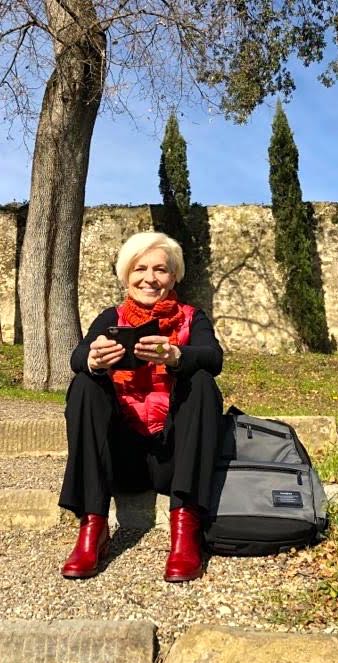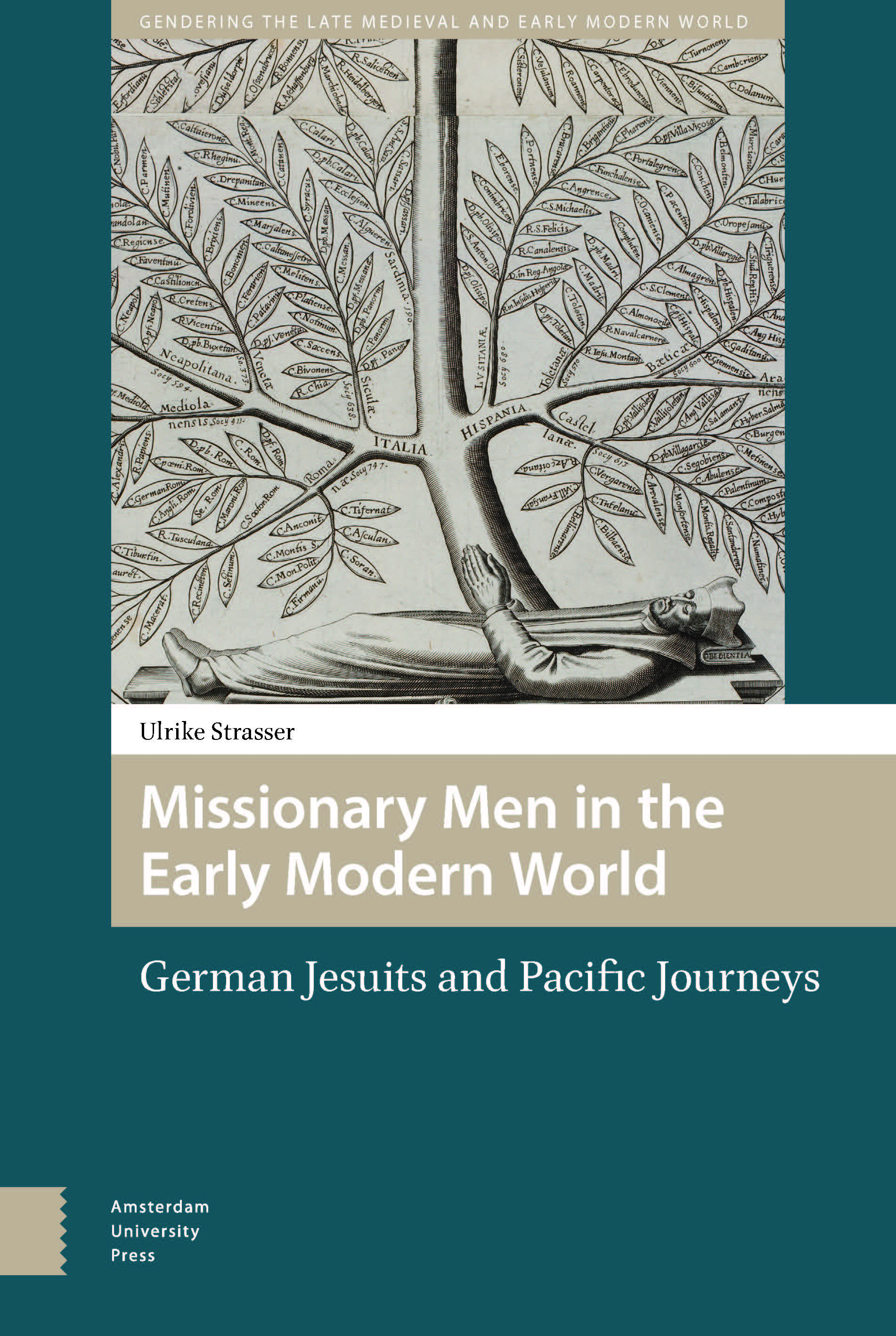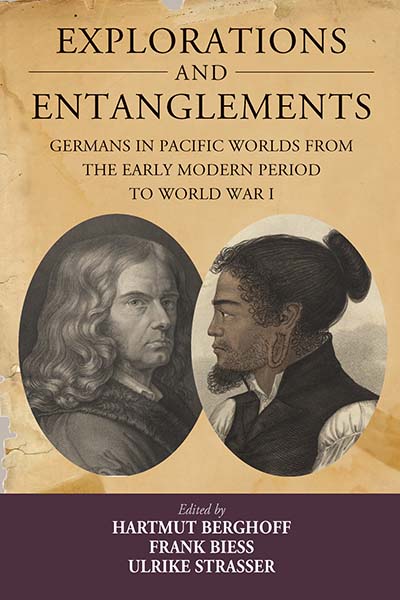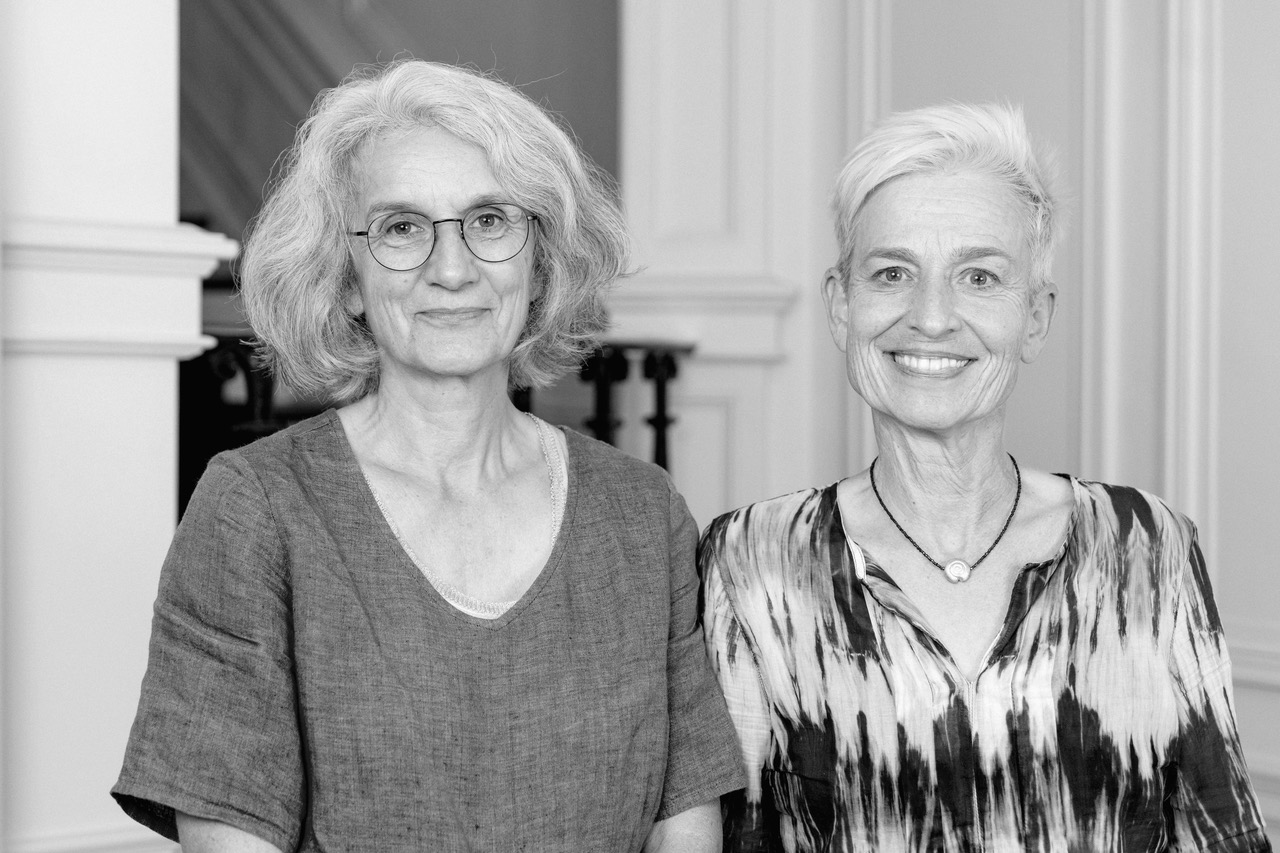
- ustrasser@ucsd.edu
-
9500 Gilman Dr
Department of History
Mail Code: 0104
La Jolla , California 92093

 |
 |
|
My new book is now available in print and through open access.
Winner 2021 SSEMWG Book Award |
(Published with Frank Biess; for contents and download version of introduction see https://www.berghahnbooks. |
AUP series edited by Ulrike Strasser
Ulrike Strasser is a Professor of History at the University of California, San Diego. She held previous appointments at the University of California at Irvine and as a Clark Professor at UCLA. Strasser is the author of the award-winning monograph State of Virginity: Gender, Politics, and Religion in a Catholic State (University of Michigan Press, 2004 and 2007 in paper) and the award-winning monograph Missonary Men in the Early Modern Word: German Jesuits and Pacfic Journeys (Amsterdam University Press, 2020). She co-edited Gender, Kinship and Power: A Comparative and Interdisciplinary History (Routledge, 1998), “Cultures of Communication, Theologies of Media” (University of Toronto Press, 2017) and Explorations and Entanglements: Germans in Pacific World the Early Modern Period to WWI (Berghahn Books, December 2018).

Strasser is currently finishing a co-authored monograph with Prof. Dr. Renate Dürr, Universität Tübingen. Entitled “Unexpected Proximities: Enlightenment, Jesuits, and Indigenous Worlds”, the book is under contract with Oxford University Press.
Iconic figures like Bacon, Voltaire or Diderot have cast a long shadow on our understandings of the Enlightenment and its legacy, whether viewed positively in terms of rationality and modernity, or negatively in terms of European claims to superiority and dominance. Western European anti-clerical thinkers are still widely seen as the Enlightenment’s standard-bearers. By contrast, this book approaches the Enlightenment from the Ottoman borderlands of the Habsburg Empire and a clerical context. The book highlights the deep imbrication of religion and science, as well as reason and emotion, that shaped the production of knowledge and European self-understandings in the Enlightenment. It reveals how the missionary encounter with the ‘non-European world’ – especially with the indigenous men and women who supplied extensive information about fauna, flora, geography, and their cultures – shaped the making of “European” science and epistemologies.
Strasser has received a number of awards for excellence in teaching and research. These include fellowships from the Harvard Divinity School, the University of California Humanities Research Institute, the German Academic Exchange Service (DAAD), the Herzog-August-Bibliothek, and the Alexander von Humboldt Foundation.
Strasser has provided extensive service to her campus, profession, and the broader world of scholarship. She is currently in her second term as a member of the cross-disciplinary Committee of Experts for the German government’s Excellence Strategy (https://www.dfg.de/en/research-funding/funding-initiative/excellence-strategy).